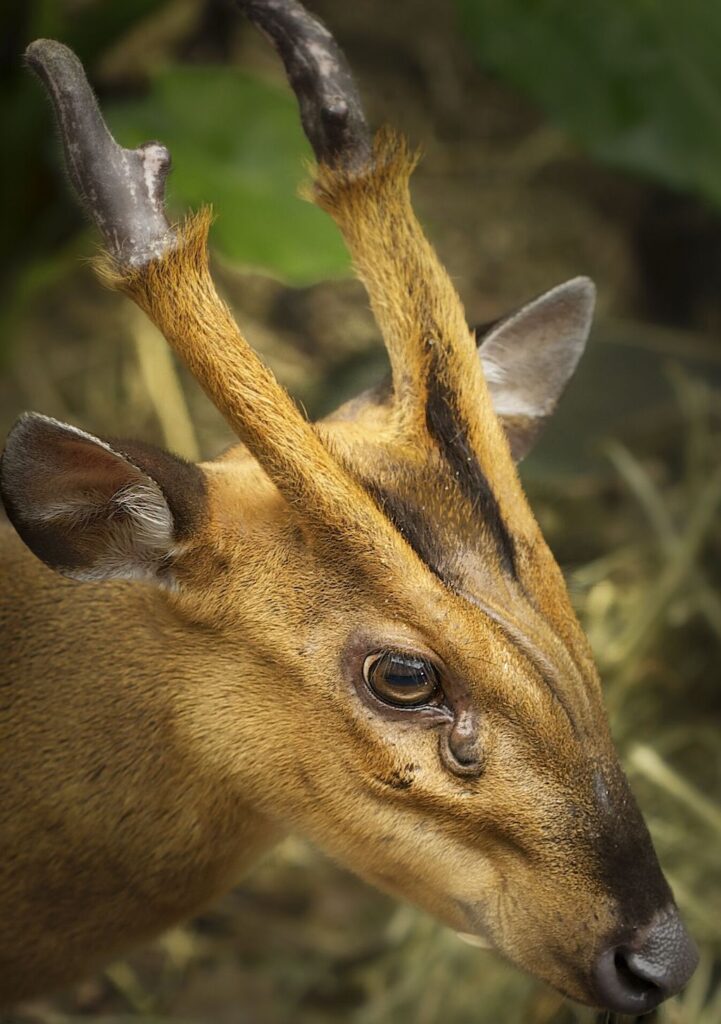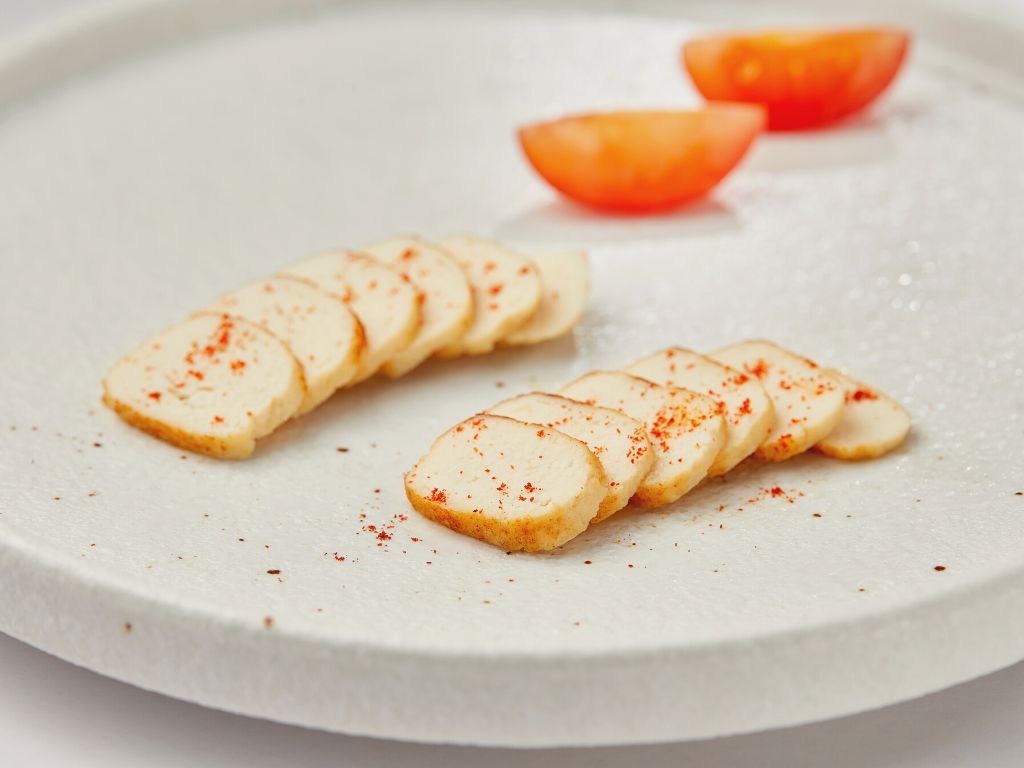Chinese Startup Develops World’s First Cultivated Deer Antler Stem Cell Line, Aims to File for Approval in 2024
3 Mins Read
Chinese cultivated meat startup Jimi Biotech has developed what it claims is the world’s first deer antler stem cell line, making it capable of mass-producing these cells. It comes months after it unveiled the country’s first scaffolding-free, 100% cell-based chicken – and the food tech startup aims to file for regulatory approval next year.
Jimi Biotech says the spontaneously immortalised cell line, which is driven by its artificial intelligence system JEVOS, has undergone more than 60 passages with a double time of under 24 hours. It uses cells from the tip of the antlers of a three-year-old Sika deer – prime-aged deer are considered to have the highest-quality antlers, while regeneration is strongest at the tip.
AI-powered cultivated meat

The startup notes that deer antlers hold significant cultural and dietary importance in China, where they are revered as a premium health product. Antlers can undergo complete regeneration periodically under natural conditions, which has prompted research into their anti-ageing benefits – especially antler stem cells, which make up less than 1% of the entire antler structure. Deer antlers have also been used in traditional Chinese medicine for centuries.
In January, it closed an angel funding round of ¥20M (about $3M), followed a few months later by another investment round totalling ¥10M ($1.45M). This came after it unveiled China’s first cultivated beef in 2022. Not long after, it also launched the country’s first cell-cultured chicken made without plant scaffoldings.
Jimi Biotech is focused on premium, “new forms” of meat powered by its high-throughput, automated cell evolution platform. “Obtaining a good cell line is challenging, so we started building the JEVOS system at the end of last year,” says founder Zhehou Cao. “We have already obtained cell lines from multiple species, including deer, cattle, and chicken, which demonstrates the initial success of the JEVOS system. In the future, we will continuously obtain high-value and high-performing cells from various species through JEVOS.”
The path to price parity

The company previously said it managed to reduce the cost of the culture medium to about ¥100 ($14), which is only 3% of the price of the culture medium on the market. Now, it says the cost of serum-free media has been reduced to ¥50 ($7), with the startup having successfully adapted its own cell lines to grow in suspension at more than 10 million cells per ml.
But it says further cost constraints have led to a temporary pivot towards products that can justify premium pricing, such as deer antlers. “While we have significantly reduced the cost of cultivated meat, it’s important to acknowledge that achieving price parity will likely take several years,” explains Cao. “Given the high value and popularity of deer antlers, which are often sold at tens of thousands of yuan per kilogram or more, we already have a cost advantage.”
He added: “Additionally, the incorporation of deer antler stem cells can augment the value proposition of our meat offerings. We will begin by selling deer antler products, and as we continuously reduce costs, we will move on to selling cultivated beef, followed by other more affordable meats such as pork and chicken.”
China’s one-billion-plus population leads the world in terms of meat consumption, and one survey found that 90% of its citizens are willing to try cultivated alternatives. This signals the potential for cultured meat in the country, and while there have been no indications yet about regulatory approval there, Jimi Biotech plans to apply for it next year.
Fellow Chinese cellular agriculture company CellX, which opened the nation’s first large-scale cultivated meat factory this month, has also indicated it will apply for regulatory approval. But it will start with Singapore and the US, the only two countries to have approved the sale of cell-cultured meat so far.



